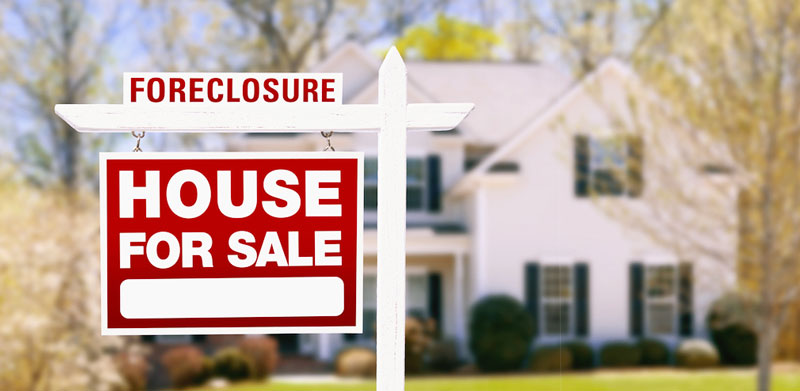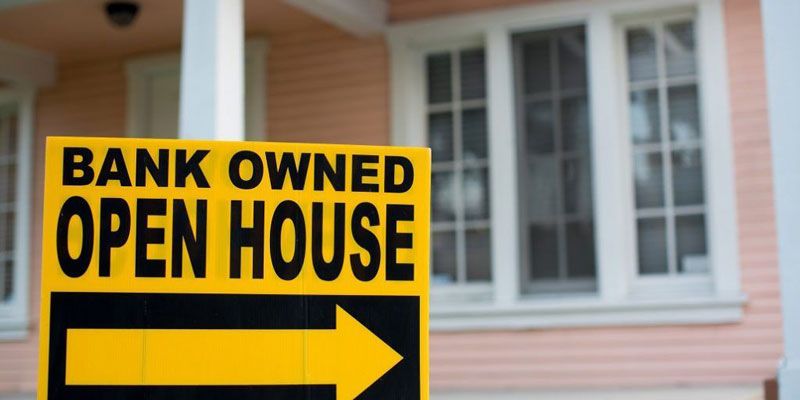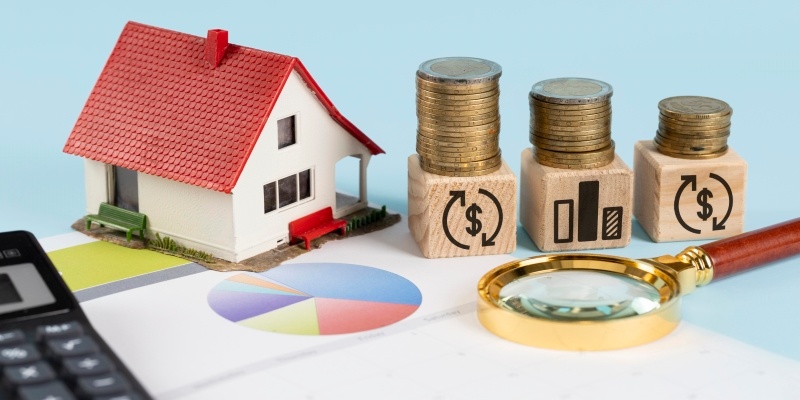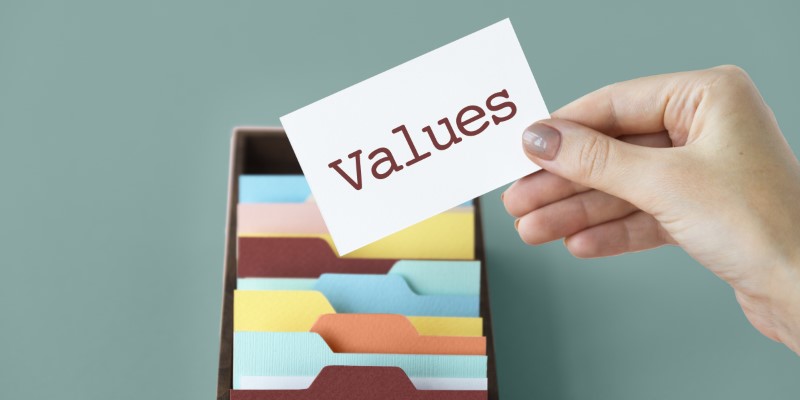When a bank owns a piece of real estate, it is called "bank-owned property." When a homeowner defaults on their mortgage and the house goes into foreclosure, the bank takes ownership of the property.
Homebuyers and real estate speculators may find bank-owned homes intriguing since they are frequently sold at a discount. You may have to make certain compromises when purchasing a bank-owned house as a permanent residence or an investment property. Please take a closer look at bank-owned properties and their advantages and disadvantages.
Bank-Owned Real Estate: An Introduction and a Case Study
A foreclosed property now held by the bank is referred to as a "bank-owned" property. A deed instead of foreclosure allows banks to acquire property ownership instead of going through the foreclosure process. Property owned by a corporation or an individual (REO).
Once a bank acquires a property, it can be on the market. A bank-owned property might be purchased by homebuyers or real estate investors at a discount if the home requires extensive repairs or modifications to be habitable.
Bank-Owned Real Estate: The Basics

It takes the foreclosure procedure before a bank may take over a property. In most states, lenders can foreclose on a homeowner who has defaulted on their mortgage payments. Depending on the state, a court foreclosure case may be necessary for the lender to regain the property.
It's a common practice in foreclosure for banks to put properties up for auction. The bank can recuperate part of its losses from the foreclosure if the property is sold. The bank obtains possession of the property if it does not sell at auction.
With a Bank-Owned Property, What to Consider
Investors looking for a good deal on the house with the potential to provide a steady income stream can consider purchasing a bank-owned property. The best place to locate them is by using a site like RealtyTrac, checking with your local tax office, or contacting banks directly. In addition, you can use one of the following services to find public auctions for houses that have government-backed loans:
- Fannie Mae
- Housing and Urban Development Department
- Federal Deposit Insurance Agency
- Agriculture and Food and Drug Administration
- Department of Veterans Affairs
Why Acquire Bank-Owned Property?

Potential buyers often look at bank-owned properties to get a good price. This property costs banks money to keep on their books, just like other sellers. Additionally, cost and labor are involved in keeping it up and running.
So, yes, you might be able to get a good deal on the house, but you'll likely be purchasing it "as-is," and you won't have any negotiating power over the price the bank sets. Think about what top-selling Texas agent Mary Stewart has gone through. Back in the 1980s, she adds, "I bought a foreclosure and stole it - I truly got a wonderful bargain."
There was no denying that the situation was dire. It had snakes in it. It was infested with fleas. Probably three liters of honey came out of the ceiling because we had bees.
Is Buying a Bank-Owned Property A Good Investment?
Commence with the most significant advantages. In other cases, a good deal might allow you to purchase a home in an affluent area or a larger property than would have been possible had the price not been so low.
Before the house is sold, you can be confident that a banker will thoroughly assess it, so you'll know its condition. In certain cases, Stewart notes, "the bank wants to fix up the property and make it safe when they receive it back."
This is a big problem, for example, when there's a swimming pool since the water turns black." Because what if a youngster falls into the pool while Realtors are showing it? They must cover the pool, drain the pool, or fence it."
Cons of Buying a Bank-Owned Home
Purchasing this type of property has its benefits and drawbacks that should be considered carefully before making a purchase. Even if you're hoping for a good price at an REO auction, you should know that nothing is guaranteed. The price is an important consideration and one you should double-check. Obtain an independent assessment, or at the very least have your real estate agent do a comparative market analysis (CMA).
If you're not going through the bank that owns the house to receive your mortgage loan, you'll have to do this anyhow. Before selling, the bank will do very little (if any) in the way of repairs. Even if the house is sold in a "livable" condition, the buyer will still have to put in a lot of effort to make it fit their needs because "living" is a relative concept (potentially too much to want to take on and pay for).




